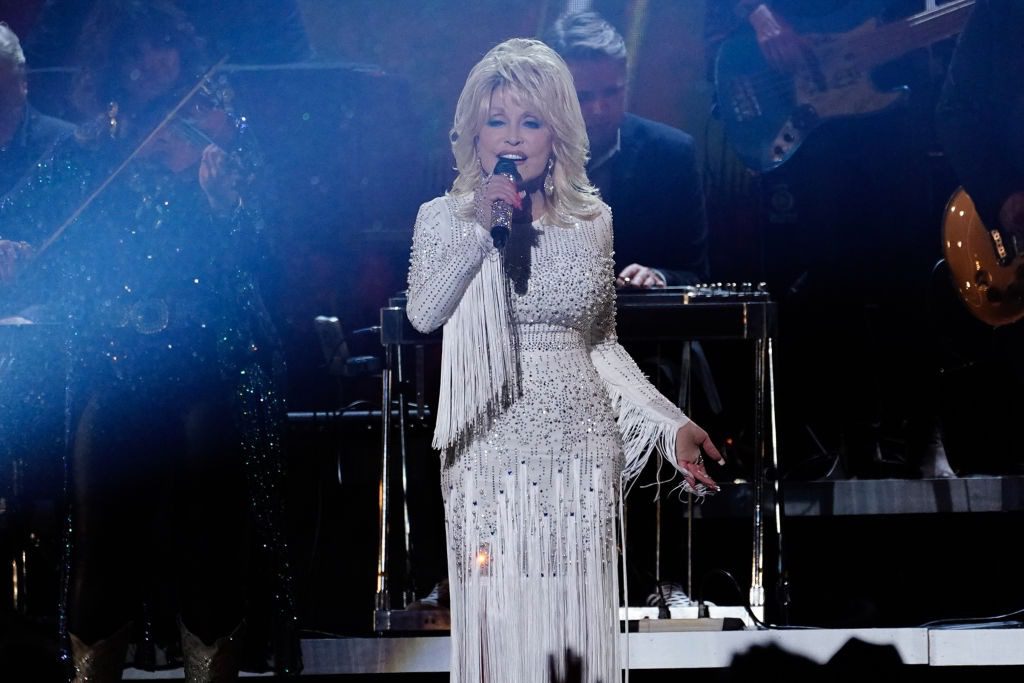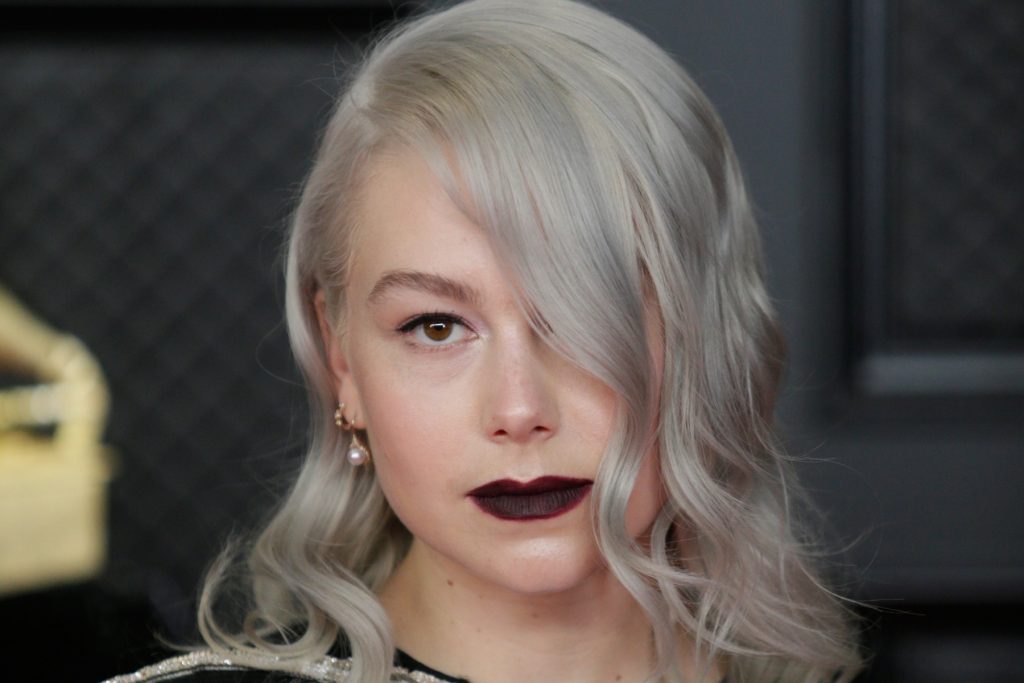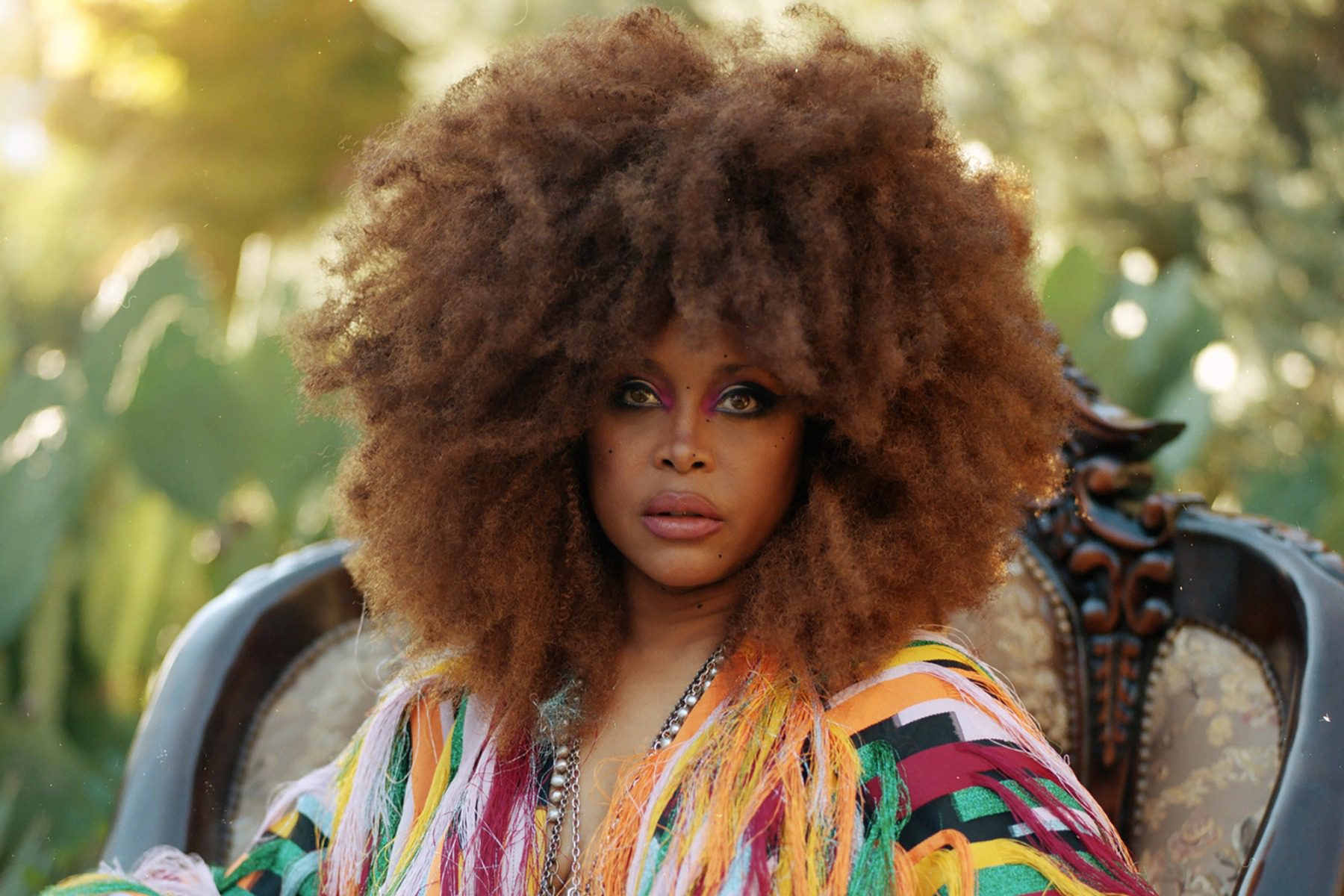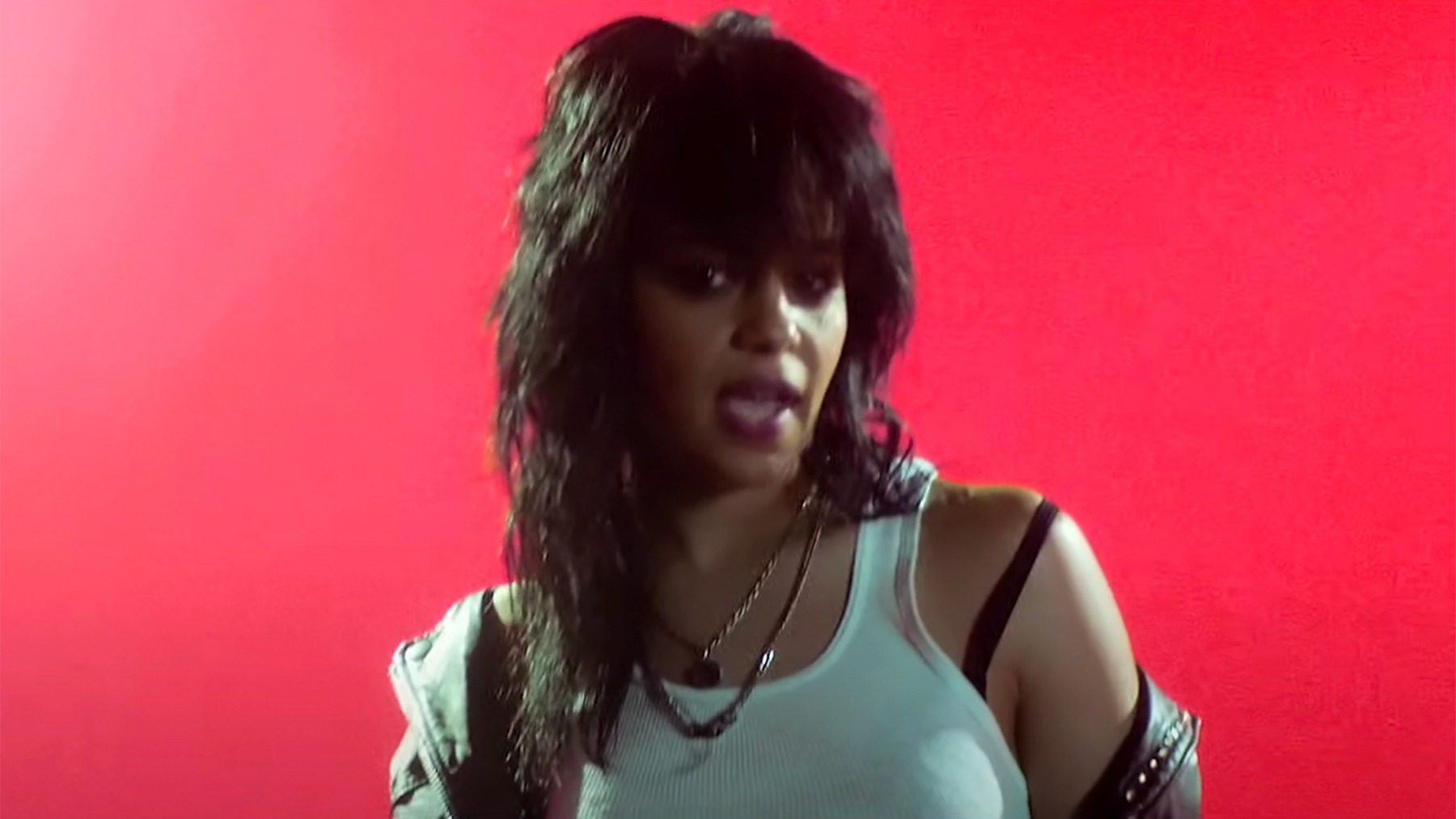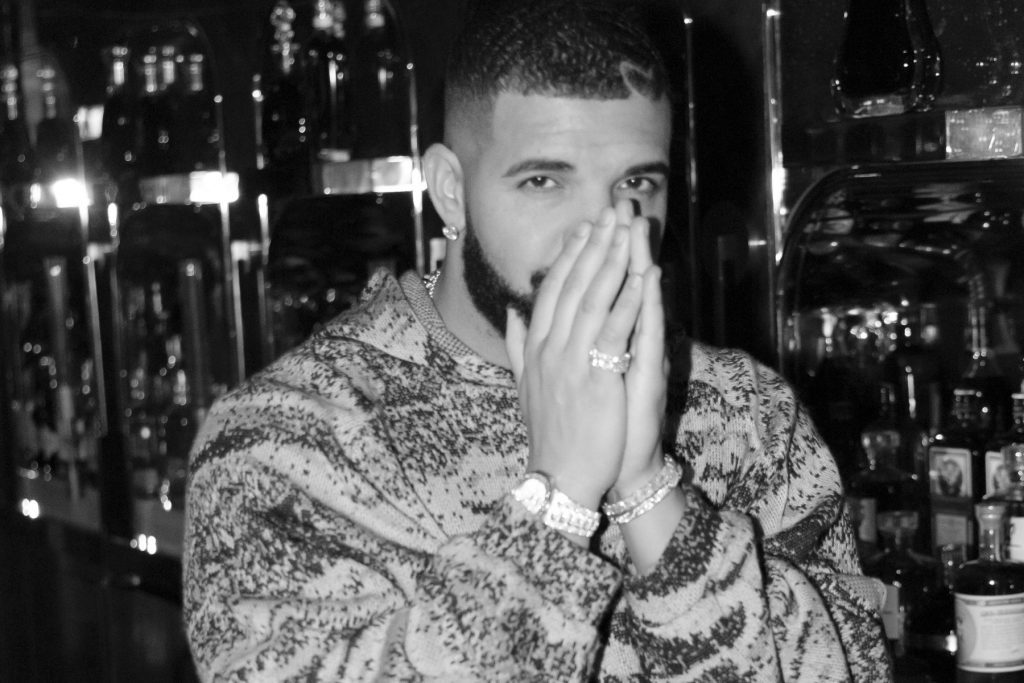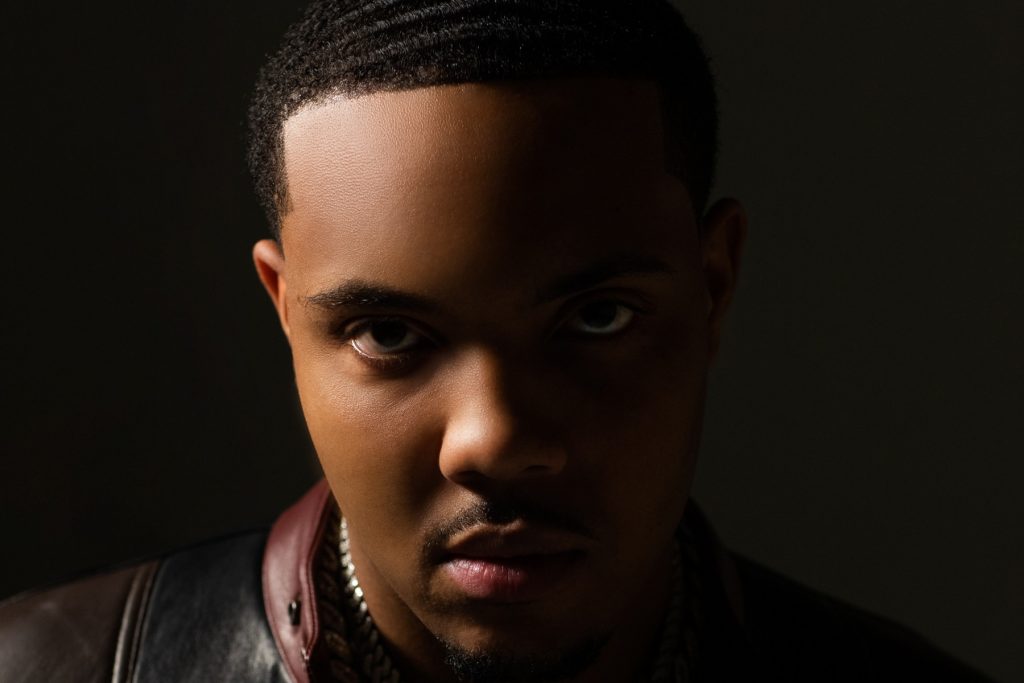
G Herbo Is One of Hip-Hop’s Most Productive Artists but He Still Wants More
Herbert Wright was a ten-year-old kid living in Chicago when Lil Wayne released Tha Carter II. It was the first Wayne release made after Hurricane Katrina pushed him from his native New Orleans. The album ushered in an era in which Wayne would tower above the rest of the rap world as the genre’s ravenous antihero. That resonated with the young Chicagoan. “I just felt the hunger,” Wright says of hearing the album when it came out. “Hearing the hunger in his voice, seeing what he meant to music at the time — I wanted to have that.”
Today Wright is better known as G Herbo, one of the rappers who spearheaded drill music, perhaps the most popular and widely imitated sub-genre in his hometown’s history. Though his booming voice made him sound much older, Herbo was still a teenager when he emerged as one of the leading voices of drill music. His debut mixtape, 2014’s Welcome To Fazoland, married that movement’s Gothic melodies and still-danceable drums to an autobiographical, almost classicist writing style. Herbo has both the charm and gravity to flip cheesy Eighties songs into something sinister; his raps are muscular, relentless. So is the pace of his releases: In the seven years since Fazoland, he’s dropped nine full-length records and a couple of EPs. “I’m never really living in the moment,” Herbo says of his breakneck professional life.“I’m always looking for the next thing.”
blogherads.adq.push(function () {
blogherads
.defineSlot( ‘medrec’, ‘gpt-dsk-tab-article-inbody1-uid0’ )
.setTargeting( ‘pos’, [“mid-article”,”mid”,”in-article1″,”mid-article1″] )
.setSubAdUnitPath(“music//article//inbody1”)
.addSize([[300,250],[620,350],[2,2],[3,3],[2,4],[4,2]])
;
});
His last two albums debuted on the top 10 and his latest release, July’s 25, opened at No. 5. But you could find plenty of people in Chicago and around the rap-listening world who, if asked to describe Herbo in one word, would still default to “hungry.” So it’s no surprise that, when comparing himself to Wayne, he’s still dissatisfied. “I never had that part of my career where I was known as The best, hands down,” Herbo told IndieLand. “That’s what I always wanted.” On 25, Herbo, now a father who lives 2,000 miles from his childhood home, takes stock of his life as he settles into adulthood. We spoke with him about the finer details of his recording process, adjusting to Los Angeles, and the ways he’d be unrecognizable to himself as a teen.
What about your life today would surprise 18-year-old Herbo the most?
Fatherhood. Everything revolving around my kids, having to do interviews with my son on my lap. I never pictured myself doing this — or living in L.A. I used to rap about being in L.A. on songs, like, ‘Oh, yeah, I’m not in Beverly Hills, I don’t know what it’s like to live that luxurious lifestyle.’ I was in the inner city, man, facing a lot of trauma, having to deal with violence and bullshit every day. Now, I don’t really have to deal with that. I live in Bel Air. I’m in Beverly Hills every day. I’m still kind of getting used to it, to be honest.
Do you interact with those Bel Air neighbors much?
I never really see my neighbors, I’m always coming in the house at 3, 4 in the morning from the studio, then I’m running errands, going to meetings, stuff like that. I’m always on the go. I’m only at home to recharge my batteries. My life is crazy, man, I don’t even have time for myself, to be honest. It’s like my life did a whole 360 from being outside, standing on the corner in my neighborhood, going to the studio just when I’m sick of interacting with the police.
You mentioned your kids. I imagine you’ll be able to shield your kids from a lot of things you experienced, that no child should. But are there any lessons from your upbringing that you’d like to carry over into their very different ones?
The harsh realities of the world. Not having to deal with a lot of violence and negative shit going on, I’ll have to actually teach my kids that the world is cruel and violent. They’re not going to have to experience it firsthand. I’ll have to instill certain things into them so they understand what they’re up against. But I would have to teach my sons how to fight rather than letting them go outside where they’re going to teach themselves.
blogherads.adq.push(function () {
blogherads
.defineSlot( ‘medrec’, ‘gpt-dsk-tab-article-inbody2-uid1’ )
.setTargeting( ‘pos’, [“mid-article2″,”mid”,”in-article2″,”mid-article”] )
.setSubAdUnitPath(“music//article//inbody2”)
.addSize([[300,250],[300,251],[620,350],[2,4],[4,2],[3,3]])
.setLazyLoadMultiplier(2)
;
});
You were obviously closely associated with drill when you were coming up, but you’ve transposed your style to a lot of different types of production. When you’re sifting through beats today, what do you look for?
Specifically, I just look for a lot of instruments. I like beats with a lot of sounds in them. I never really get in the studio looking for a specific kind of beat; I never get in with a subject I want to talk about specifically. Usually, the production moves me. It motivates me to talk about what I [end up] talking about on the song. So I usually don’t get in the studio saying, ‘I need this kind of beat,’ or ‘I need to make a song about this.’ I just listen to a bunch of different beats and what moves me is what inspires the lyrics. Then it comes naturally. That’s what I like the most about recording: it’s never forced. I get in the booth and let everything come to me.
Do you do most of your writing in the studio? At home? Or are they coming together when you’re actually in the booth?I usually write on my phone. A lot of times when I’m in the house, I’ll get four or six bars coming into my head, and I’ll write them down — with no beat. A lot of my rhymes come to me that way. I’ll have them in my phone, then when I’m in the studio, and I feel a beat, I’ll go right in and do ‘em. I don’t write at all [at that point] unless I’m inspired to write about a certain subject. Even then in the studio, I’ll [only] write in the studio for 15, 20 minutes. I don’t like to waste too much time writing because I think when I do I get overcrowded with thoughts. So I just get an idea of how I want to start the song — maybe the first eight, 12 bars — and from there everything just comes.
Does whatever comes in the moment — after those first eight or 12 bars — ever surprise you?
For sure — but that doesn’t happen until I’m actually done recording. I’ll listen back, and it’ll trip me out how I was inspired to rap about certain shit. It just came naturally off the top of my head. I want to get back to writing [full songs] because when I started doing music, I used to write the entire song and then get in and record. I want to get back to that. I stopped doing it because I spent so much money paying for sessions. But now that I’m about to own my own facility, I’ll have the luxury to brainstorm and write my songs the whole way [in the studio]. I want to get back to that, I think my music will be a lot better if I can get back to writing complete songs.
blogherads.adq.push(function () {
blogherads
.defineSlot( ‘medrec’, ‘gpt-dsk-tab-inbodyX-uid2’ )
.setTargeting( ‘pos’, [“mid”,”mid-articleX”,”in-articleX”,”mid-article”] )
.setSubAdUnitPath(“music//article//inbodyX”)
.addSize([[300,250],[300,251],[3,3],[620,350]])
.setLazyLoadMultiplier(2)
;
});
You say your music can get better — do you feel like your current process leaves your songs with a lot of weaknesses?
I’m a perfectionist, so I always try to change little things. I record songs and when I’m done, I’ll listen back on it and certain words. I’ll wanna change small things. I might want to say a the or they or it differently, switch it to another word. I’ll change the smallest word if it will make the next sentence flow better. I pay a lot of attention to detail. When I get back into the studio I might fix certain things before I put the record out. But [before then] I live with [demos] for weeks and weeks. Then I’ll get inspired to make those changes, or just carry that over to the next time I record. Sometimes I’ll do a whole 16 and wait to figure out the perfect hook; I’ve got a lot of different techniques and ideas when it comes to the process.
“I was so young when I started making music. People are looking at you like an adult, and you have an adult’s responsibility on you, but you continue to make mistakes.”
When you go back to make those small changes, are you punching in, or trying to take the whole verse again?
I’ll probably do the whole take again so it flows perfectly. Even if it’s literally one word, I’ll do the whole take over. I do have punch-ins [built into my music], but I want to get a complete sentence out.
You put out a lot of music, and that music tends to be very autobiographical and deal with a lot of traumatic experiences. Do those two things combine to exhaust you, to make you want to go to the studio?
I have a lot of music, I’m passionate about all the music I record. I don’t want to oversaturate myself, but then I might be making music that I love but can’t put it out. That’s the thing I hate the most: I have hundreds of songs and I’m only able to put 15 on an album. I try to space it out—I don’t want to drop too much music at one time. So that’s a big problem of mine. I’m always trying to tell a specific story on an album, so if a song don’t really fit the message I’m trying to get across, it don’t make the cut. But I’d try to give those records to certain people or use them in any way that I can.
When it comes to those specific stories on each album, the new record is about hitting a milestone in time, sort of leaving youth behind. When you were a teenager — when you first came out — what did you imagine 25 would be like?
It’s funny you ask that, because I couldn’t picture myself at 25, what kind of man I would be, anything like that. I didn’t even know what I would look like at 25. When I was younger, I pictured myself being in a good position with my life and career by the age of 25, but I couldn’t honestly see that far to know what I’d be like or what I’d be doing. At 18 you think it’s so far away, but it’s really not. And now that I’m 25, I can barely remember what I was doing when I was 18.
blogherads.adq.push(function () {
blogherads
.defineSlot( ‘medrec’, ‘gpt-dsk-tab-inbodyX-uid3’ )
.setTargeting( ‘pos’, [“mid”,”mid-articleX”,”in-articleX”,”mid-article”] )
.setSubAdUnitPath(“music//article//inbodyX”)
.addSize([[300,250],[300,251],[3,3],[620,350]])
.setLazyLoadMultiplier(2)
;
});
